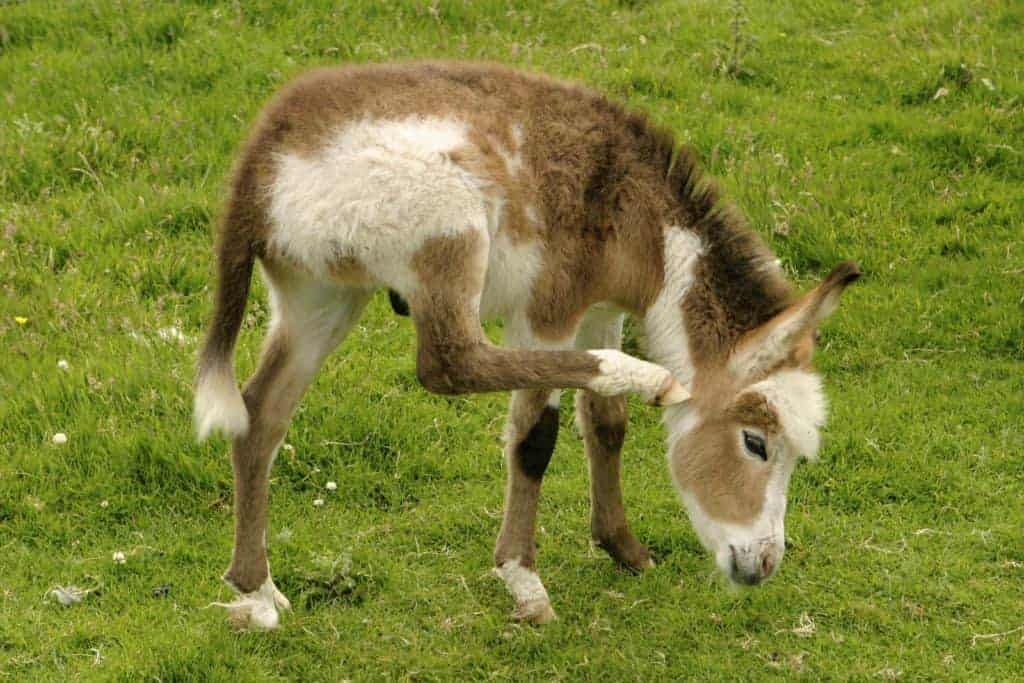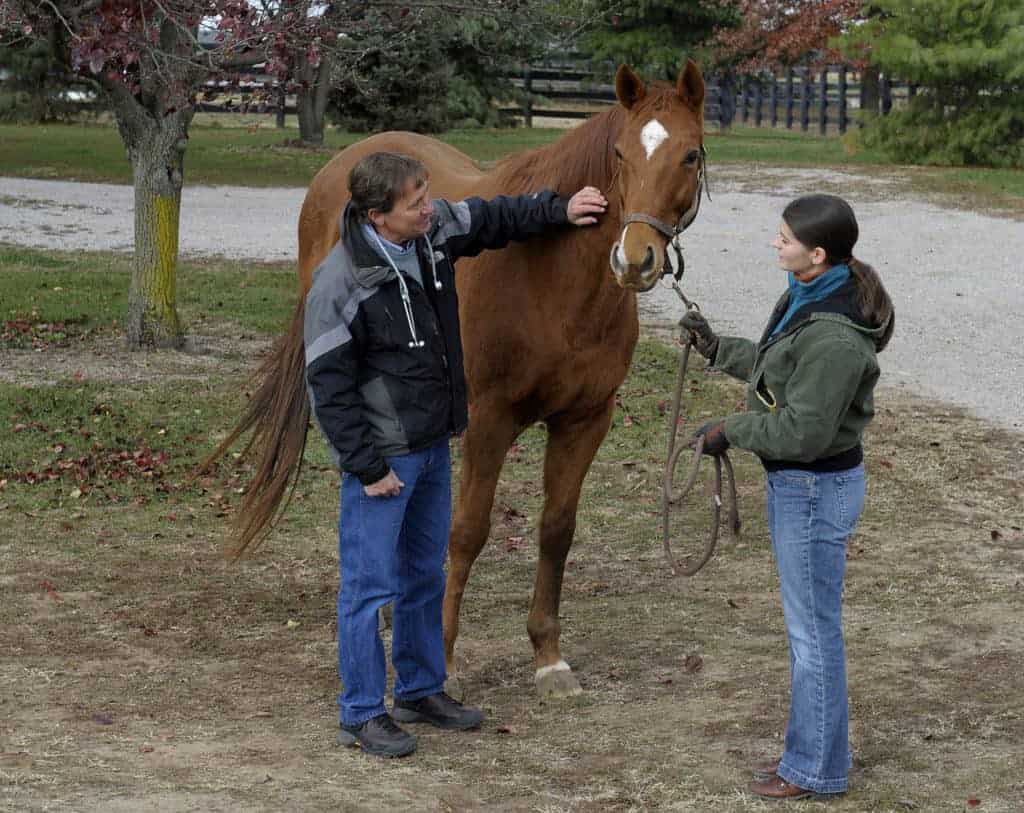
Researchers Study Horses’ Facial Expressions
Horses are capable of a wide range of facial expressions that aren’t so different from those of humans and chimpanzees.
News and issues for equine health professionals

Horses are capable of a wide range of facial expressions that aren’t so different from those of humans and chimpanzees.

While Western saddles had uneven pressure distribution, study horses showed no signs of saddle-related discomfort.

Researchers found that 59.2% of horses aged 11 to 15 had hooks, 30.8% had wave mouth, and 26.7% had periodontal pockets.
Three equine dental experts will be presenting live demonstrations and running practical sessions each day..

Lavage systems placed in the upper and lower eyelids developed complications 12.8% and 22.2% of the time, respectively.

Researchers recently determined that diagnostic tests for Lyme neuroborreliosis have poor reliability.

A low dose of the sedative xylazine did not affect horses movement patterns, but higher doses could have more impact.

Polo ponies showed a high degree of movement asymmetry, but this doesn’t necessarily mean the animal is lame or in pain.

Learn how vets use a technique called FLASH, a targeted abdominal ultrasound examination, to diagnose colic.

Brian Nielsen, PhD, of Michigan State University’s Department of Animal Science, presents up-to-date information on feeding the athletic horse and using nutritional supplements.

The new MRI replaces a previous system at New Bolton Center, installed in 2005 and used until recently.

Tea tree and lavender essential oils appear to be valuable aids in managing lice infestations, researchers found.
Scott McClure, DVM, PhD, Dipl. ACVS, ACVSMR, is an equine veterinarian at Iowa State’s Lloyd Veterinary Medical Center.

The economic impacts of 2014 vesicular stomatitis outbreak were felt within the equine industry at multiple levels.
Recipients are evaluated on academics, leadership, and involvement in activities benefiting horses’ health and welfare.

Researchers are seeking horse owners’ input on a factors that influence their selection of an equine veterinarian.
Stay on top of the most recent Horse Health news with
"*" indicates required fields